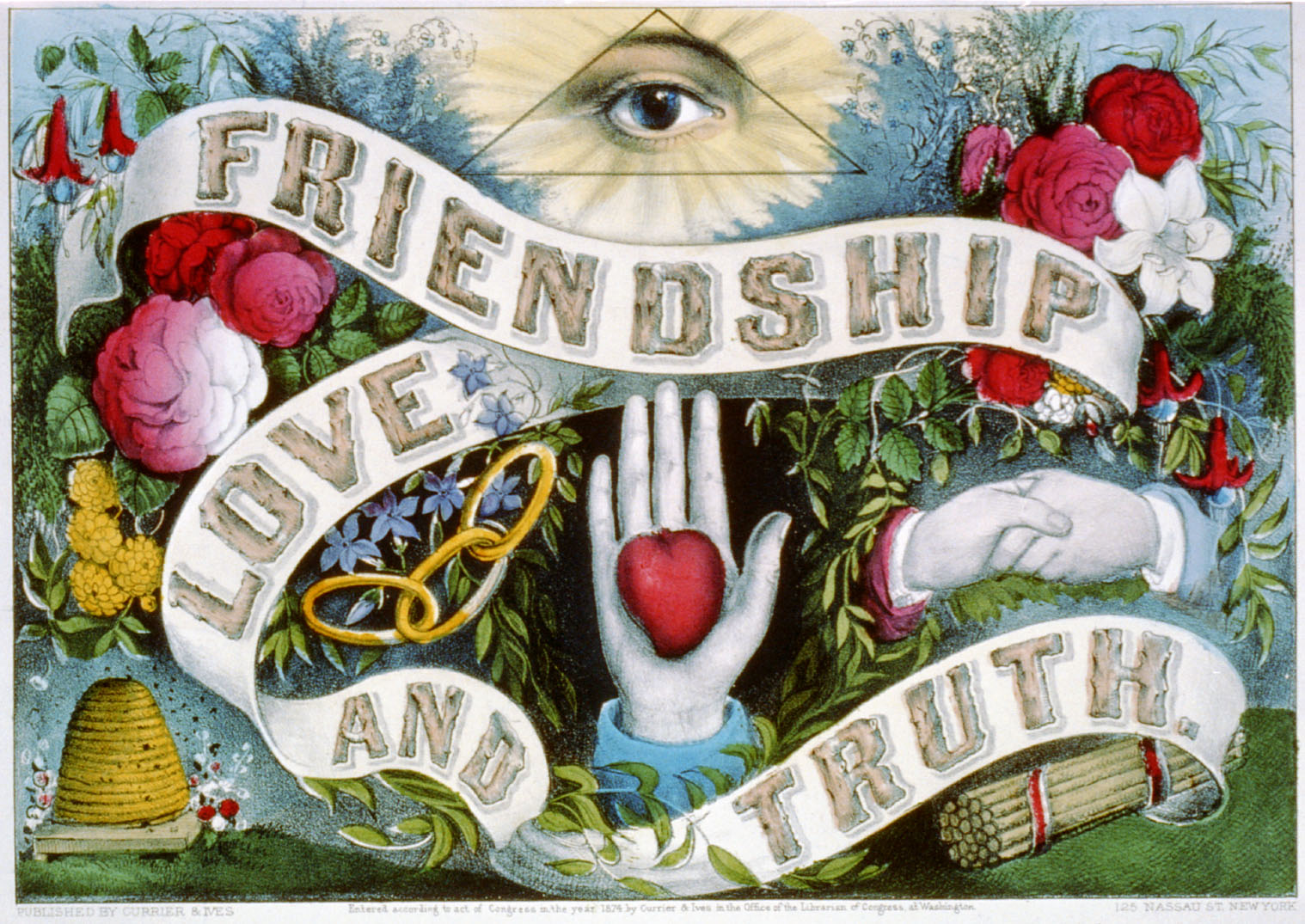
For better or for worse, I have a lot of experience dealing with online harassment. I also have a lot of experience with friends who are kind and caring and largely oblivious to what online harassment looks for feels like. Which is good! I hope they never have to experience it. It is not fun. But when I talk about the harassment I get (usually to ask people to help me report a particularly terrible Twitter account) I hear a lot of these lovely people say things that are, at best, unhelpful.
I know these friends really care, and are trying to find something to say that will help. But sometimes what comes out isn’t so great. You might have been in this situation before! So here is a guide for how to (and how not to) help your friends.
Do not say:
1. “Don’t feed the trolls”
I’m going to start with this one because it’s probably my biggest online pet peeve. I’m going to take this one in two parts: feed, and trolls. Let’s start with the first word, by talking about what “feeds” trolls:
- Talking about being harassed feeds trolls because you are then an “attention whore” and get even more harassment for that.
- Not talking about being harassed and going offline feeds trolls, because then they win and get what they want which is for you to shut up. Which means that they know this strategy works, and will continue to deploy it.
- Trying to show them that you’re a human being and that this hurts you because then they, again, know it’s working.
- Talking back to, and making fun of the trolls. Which is usually what people mean when they say “don’t feed the trolls.” But for some people comedy and snark is a coping mechanism. Why take that away from them? If that’s what helps them cope with rape and death threats, by all means let them continue coping.
But let’s also talk about the second word. Trolls. There are plenty of arguments online about why we should stop calling stalkers and harassers online “trolls.” Here are mine.
First, it plays into a specific idea that these “trolls” use to bolster their arguments. Many of these people come from a variety of traditionally “nerdy” subcultures like gaming and comics. Those subcultures have an obsession with being the underdogs. They see themselves as the people who are bullied and made fun of and shunned by jocks and popular people and the rest of the world. Because of this, they think it’s their right to seek justice and revenge. When you call them “trolls” you let them own that idea, despite the fact that they are no longer the underdogs or the scrappy bullied kids. Billions and billions of dollars is thrown at “nerdy” things every year at this point. They have a lot of power, but calling them trolls lets them further this story line that they’re an oppressed minority.
Second, it’s tacitly complicit in the classic harasser counterargument: “oh it’s just trolling it’s not serious. Stop taking this so seriously why can’t you just have a good time god we’re just trolling and you’re feeding us.”
Third, it belittles the actual impact that this stuff can have. People have been fired from their jobs, had to move, feared for their family’s safety, given up hobbies they love. Trolls are annoying, this is more than that.
2. “You must be doing something right if you’ve got haters!” “Wow I wish I was famous enough to inspire impersonation accounts!” “You’ve officially made it!” Or some variety of this sentiment.
I know this is an attempt at humor, and I totally get why people say this. But the idea that if you get “big” enough you’re destined to an inbox full of photographs of dead bodies is extremely disheartening. I don’t want to be impressive, I want to live my life without thinking about whether every single Tweet is going to get me harassed.
More personally, when someone is going through harassment, they want to feel connection and support. And what these reactions do is help highlight that you’re alone, that you’ve somehow left your normal circle and ascended (descended?) into a new circle where you’ve got nobody who can really help you. Becoming a target isn’t a right of passage or a badge of honor, and you shouldn’t have to feel like it is one.
3. “Just log off!”
I would not have the freelance career I do without Twitter. It’s the way that lots of editors have found me and solicited my work. It’s how I get in touch with sources and fellow journalists. Logging off literally means cutting out a chunk of my income and potentially giving up on this career. No thanks.
Do say:
“I’m so sorry this is happening to you, is there any way I can help?”
Depending on what kinds of harassment your friend is facing, there might be things you can do. I’ve asked people to read my Twitter mentions to check for credible threats, to listen to my voicemails and read my emails just in case there’s something I should report in there. I’ve asked friends to report accounts for me, to walk me from my house to the subway station, and to come over and hang out when I’ve been really freaked out. There are things you can do to help, even if it’s just talking to the person about how they’re feeling.
Go forth and support your friends! I believe in you.
Image: “Friendship, Love, and Truth“
I am sorry, and frankly mortified that this is happening to you. Is there anything we can do on a government level to get this kind of harassment taken more seriously by law enforcement? Do you know if anything is being pursued in that direction? Is there a good place I could start to learn more, or get involved? Thanks!